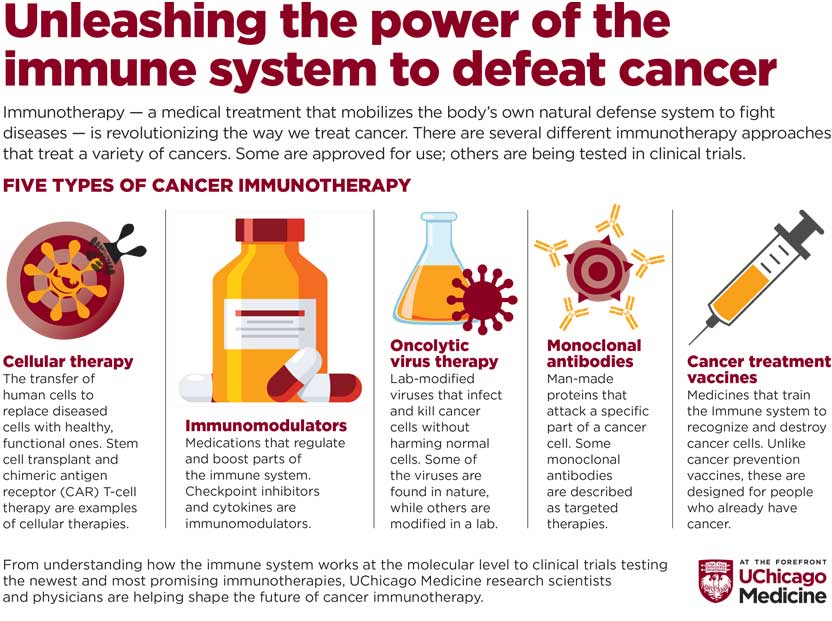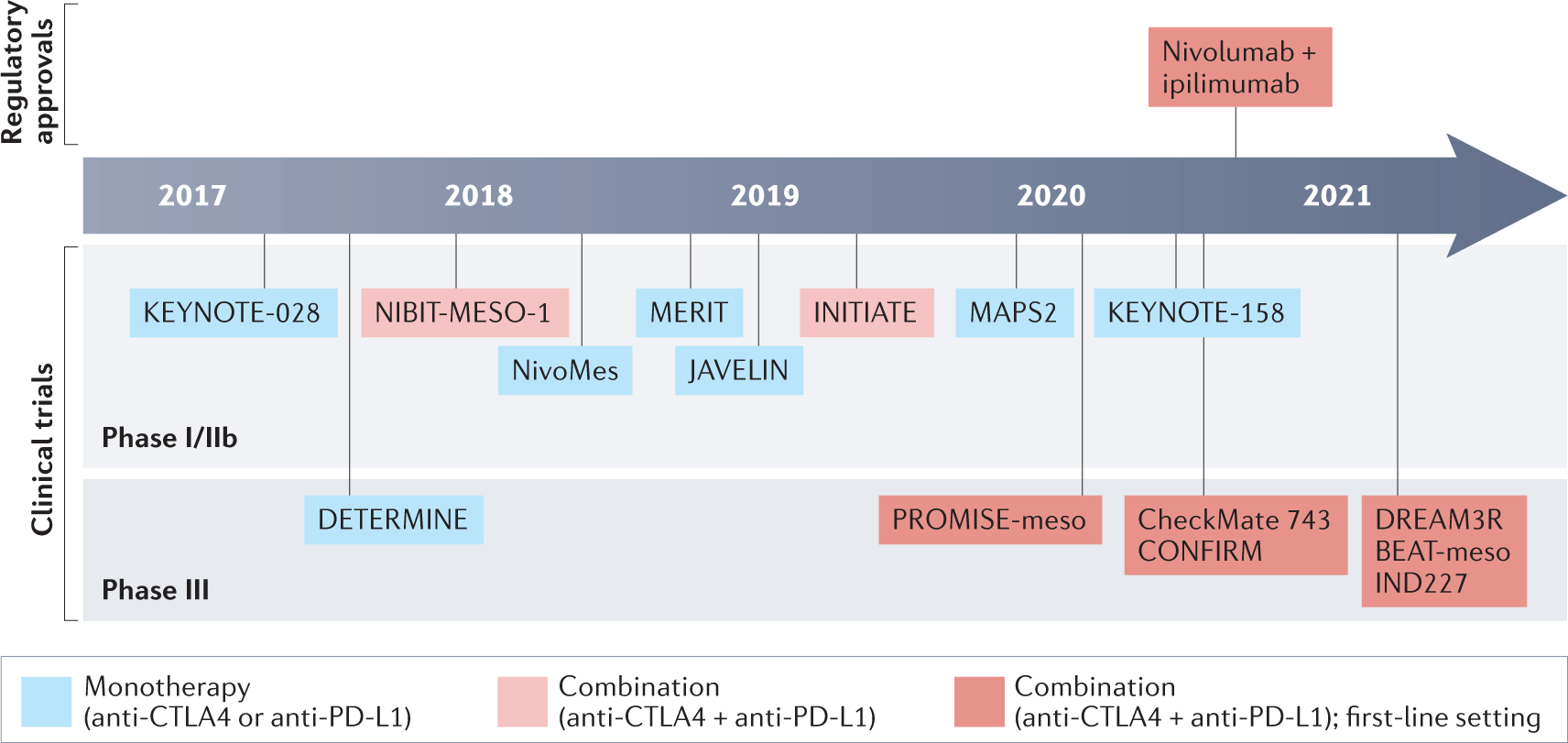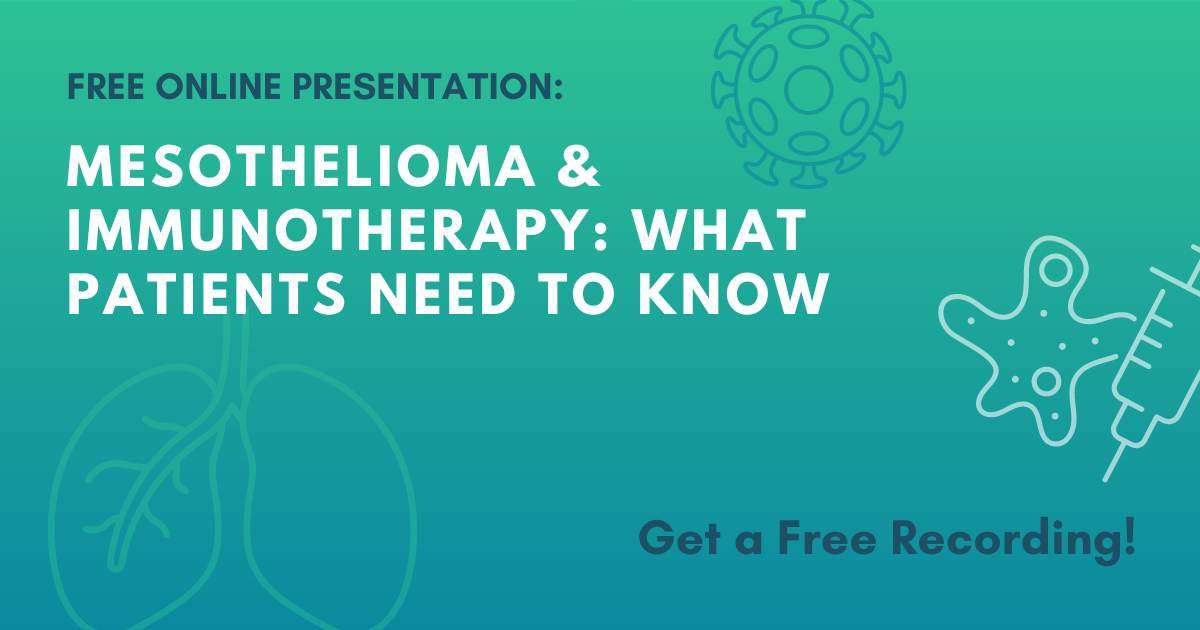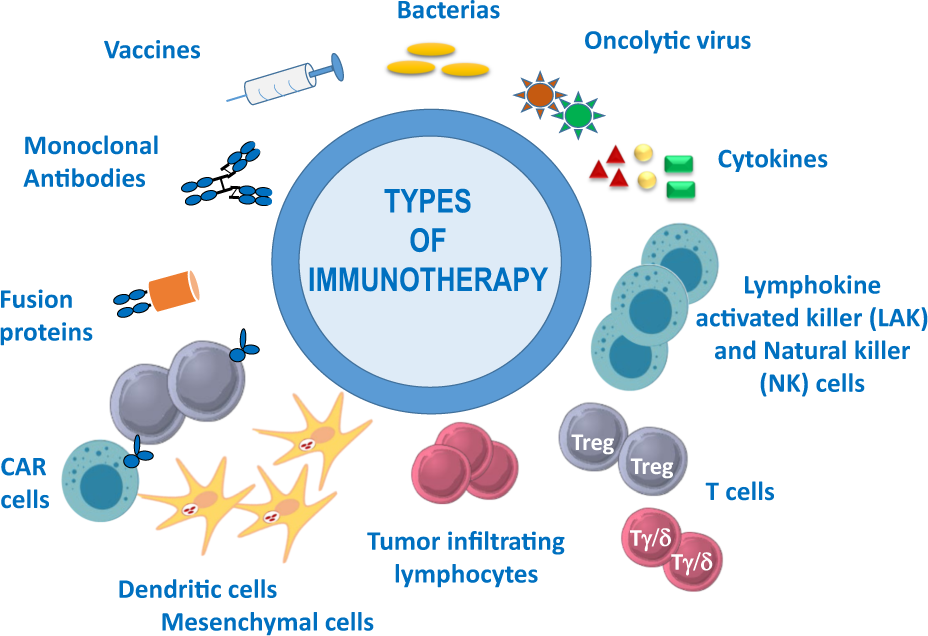mesothelioma keytruda
Introduction

Mesothelioma is a devastating form of cancer that affects the lining of the lungs, abdomen, or heart.
It is primarily caused by exposure to asbestos, a mineral once widely used in construction and manufacturing.
The prognosis for mesothelioma patients has historically been poor, with limited treatment options available.
However, there have been significant advancements in recent years, one of which is the development of Keytruda, a revolutionary immunotherapy drug that shows great promise in treating this aggressive disease.
The Latest Breakthrough in Mesothelioma Treatment

In 2023, medical researchers made a groundbreaking discovery in the field of mesothelioma treatment: Keytruda.
This immunotherapy drug has shown remarkable effectiveness in combating the disease and improving patient outcomes.
As someone who has personally witnessed the impact of mesothelioma on loved ones, I understand the desperate need for better treatment options.
Keytruda offers hope, not only for those currently battling mesothelioma but also for future generations affected by this devastating illness.
Understanding Mesothelioma and its Impact on Health
Mesothelioma is a rare and aggressive cancer that develops in the thin layer of tissue covering vital organs such as the lungs, abdomen, or heart.
Most cases are directly linked to asbestos exposure, often occurring decades after initial contact.
Symptoms can include shortness of breath, chest pain, fatigue, and weight loss.
Unfortunately, mesothelioma is often diagnosed at an advanced stage, making it difficult to treat effectively.
Until recently, treatment options were limited, and survival rates were dishearteningly low.
Keytruda: A Revolutionary Immunotherapy Drug for Mesothelioma Patients

Keytruda, also known as pembrolizumab, is an innovative immunotherapy drug developed by Merck & Co. It belongs to a class of medications called PD-1 inhibitors, which work by enhancing the body's immune response against cancer cells.
Keytruda has been approved for various types of cancer, including melanoma, lung cancer, and now mesothelioma.
This breakthrough drug offers new hope to those affected by this aggressive disease.
How Keytruda Works: Unleashing the Power of the Immune System

Keytruda works by blocking a protein called PD-1 on certain immune cells, allowing them to recognize and attack cancer cells more effectively.
By inhibiting PD-1, Keytruda essentially removes the brakes that prevent the immune system from recognizing and destroying cancerous cells.
This approach is different from traditional treatments such as chemotherapy or radiation, which directly target cancer cells but can also harm healthy tissue.
Keytruda harnesses the power of the body's own immune system to fight cancer, leading to potentially fewer side effects and improved outcomes.
Benefits of Keytruda
Keytruda offers several benefits compared to traditional cancer treatments:
- It targets cancer cells specifically, reducing damage to healthy tissue
- It can be used to treat a variety of cancers, including lung, skin, and bladder cancer
- It has the potential to provide long-lasting remission or even a cure
Keytruda has revolutionized cancer treatment by harnessing the power of the immune system to fight cancer.
Promising Results: Keytruda's Effectiveness in Treating Mesothelioma

Clinical trials have shown promising results regarding Keytruda's effectiveness in treating mesothelioma.
In a recent study involving patients with previously treated mesothelioma, Keytruda demonstrated an overall response rate of 22%, meaning that tumors shrank or disappeared completely in a significant number of participants.
Furthermore, the median duration of response was an impressive 20 months.
These findings provide hope for patients who have exhausted other treatment options and are searching for alternatives.
Keytruda's Role in Combination Therapies for Mesothelioma Treatment

While Keytruda has shown promise as a standalone treatment for mesothelioma, researchers are exploring its potential in combination therapies.
Combining Keytruda with other drugs or treatment modalities may enhance its effectiveness and improve patient outcomes.
Improved Response Rates
For example, a recent clinical trial investigated the use of Keytruda in combination with chemotherapy for mesothelioma patients and found that the combination therapy resulted in improved response rates compared to chemotherapy alone.
This combination therapy has the potential to revolutionize treatment approaches by complementing existing therapies.
These findings suggest that Keytruda has the potential to revolutionize treatment approaches by complementing existing therapies.
Enhancing Effectiveness
Combination therapies involving Keytruda may enhance its effectiveness by targeting different aspects of the disease.
Keytruda works by blocking a protein called PD-1, which allows cancer cells to evade the immune system.
By combining Keytruda with other drugs that target different pathways or mechanisms, researchers hope to improve the overall response to treatment.
Combining Keytruda with other drugs or treatment modalities may enhance its effectiveness and improve patient outcomes.
Keytruda Side Effects: What Patients Need to Know

Like any medication, Keytruda can cause side effects.
However, it is important to note that these side effects are generally less severe than those associated with traditional cancer treatments like chemotherapy.
Common Side Effects
Common side effects of Keytruda include:
- fatigue
- diarrhea
- nausea
- rash
- decreased appetite
Rare Side Effects
In rare cases, more serious immune-related side effects may occur, such as:
- pneumonitis (lung inflammation)
- colitis (inflammation of the colon)
It is crucial for patients to communicate openly with their healthcare team about any symptoms they experience while undergoing Keytruda treatment.
The Future of Mesothelioma Treatment: Keytruda's Potential Advancements

The development of Keytruda marks a significant milestone in mesothelioma treatment, but the research does not stop there.
Scientists and medical professionals continue to explore new ways to enhance the effectiveness of Keytruda and improve patient outcomes.
Ongoing Studies
Ongoing studies are investigating the drug's potential in earlier stages of mesothelioma, its role in combination therapies, and the identification of biomarkers that could predict individual response to treatment.
Transforming Mesothelioma Care
These advancements have the potential to further transform the landscape of mesothelioma care in the coming years.
Keytruda's potential in earlier stages of mesothelioma is being studied.
Combination therapies involving Keytruda are being explored.
Researchers are identifying biomarkers that could predict individual response to Keytruda treatment.
Keytruda Clinical Trials: Progress and Findings in Recent Studies

Clinical trials play a vital role in evaluating the safety and efficacy of new treatments, including Keytruda.
Over the past few years, numerous clinical trials involving Keytruda for mesothelioma have been conducted, providing valuable insights into its potential benefits.
Promising Response Rates and Improved Survival Outcomes
These trials have demonstrated promising response rates and improved survival outcomes in patients with advanced mesothelioma.
Access to Cutting-Edge Treatments
By participating in clinical trials, patients not only gain access to cutting-edge treatments but also contribute to the advancement of medical knowledge that could benefit future generations.
According to recent studies, Keytruda has shown to be effective in treating advanced mesothelioma, with some patients experiencing tumor shrinkage and prolonged survival.
Contributing to Medical Knowledge
Participating in clinical trials allows patients to contribute to the advancement of medical knowledge, helping researchers and doctors better understand the potential benefits and risks of Keytruda.
Keytruda Access and Availability: Overcoming Financial and Legal Challenges

Access to Keytruda can be a significant concern for mesothelioma patients, as it is an expensive medication.
However, there are various resources available to help overcome financial barriers.
Pharmaceutical assistance programs, patient advocacy organizations, and insurance coverage may provide avenues for obtaining Keytruda at reduced or no cost.
Additionally, legal options exist for those exposed to asbestos who seek compensation to cover medical expenses.
It is important for patients and their families to explore these avenues and advocate for their rights to ensure access to potentially life-saving treatment.
Success Stories: Inspiring Testimonies of Mesothelioma Patients Treated with Keytruda

The impact of Keytruda on the lives of mesothelioma patients cannot be understated.
Countless individuals have experienced remarkable improvements in their health and quality of life thanks to this groundbreaking drug.
From stories of tumors shrinking and disappearing to extended periods of remission, these success stories serve as beacons of hope for all those affected by mesothelioma.
While every individual's journey is unique, the shared experiences of resilience and triumph inspire us all to continue fighting against this devastating disease.
Keytruda FAQs: Answers to Common Questions about Mesothelioma Treatment

1. How does Keytruda differ from traditional cancer treatments like chemotherapy?
- Keytruda harnesses the power of the immune system to fight cancer, whereas chemotherapy directly targets cancer cells.
2. What are the common side effects of Keytruda?
- Common side effects include fatigue, diarrhea, nausea, rash, and decreased appetite.
3. Is Keytruda suitable for all mesothelioma patients?
- Keytruda is not a one-size-fits-all treatment; eligibility depends on various factors, including stage of the disease and individual health status.
4. How can I access Keytruda if I cannot afford it?
- Pharmaceutical assistance programs, patient advocacy organizations, and insurance coverage may provide avenues for obtaining Keytruda at reduced or no cost.
Conclusion

The development of Keytruda has ushered in a new era of hope for mesothelioma patients and their families.
This revolutionary immunotherapy drug offers the potential to transform the landscape of mesothelioma treatment, providing better outcomes and improved quality of life.
While challenges such as access and affordability persist, resources are available to help navigate these obstacles.
As we look towards the future, continued research and advancements in mesothelioma care hold the promise of brighter days ahead for those affected by this devastating disease.







0 Comments